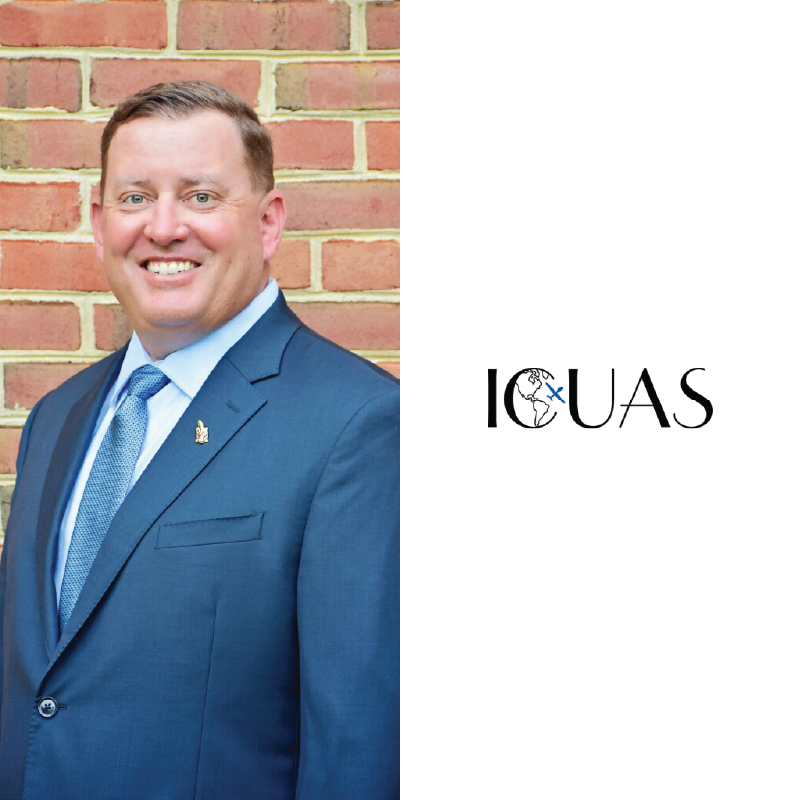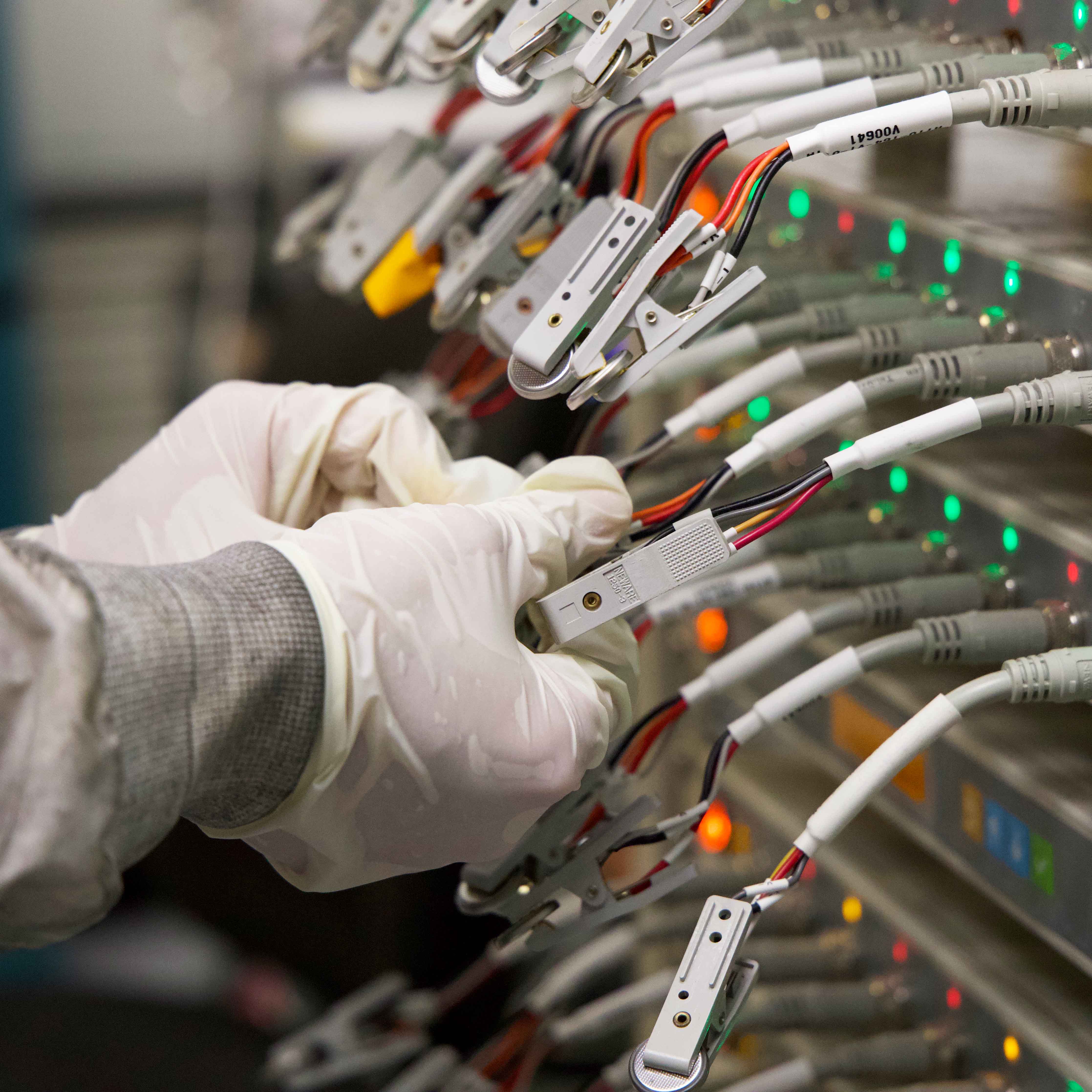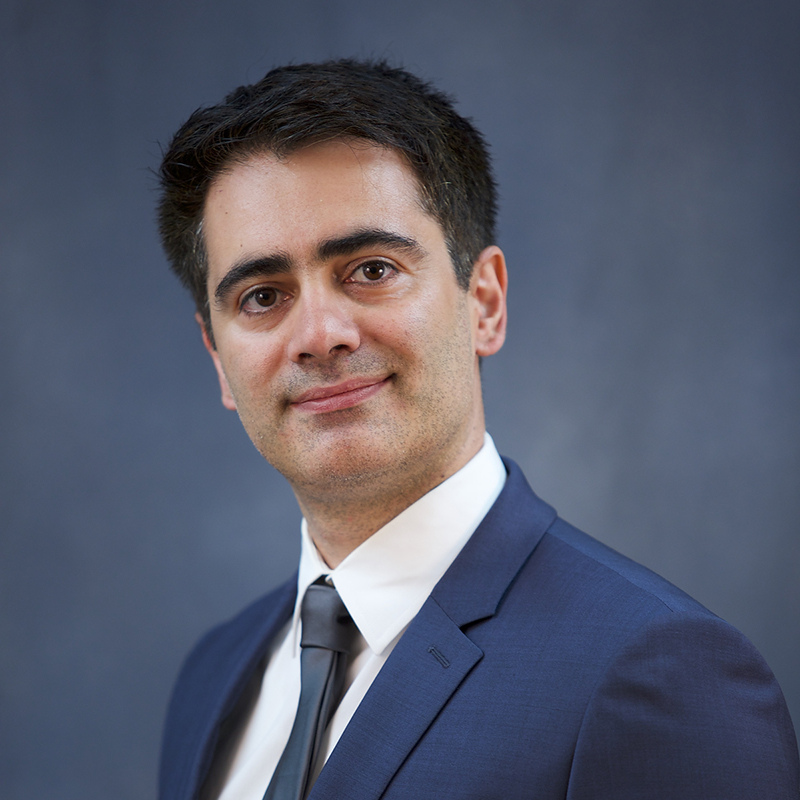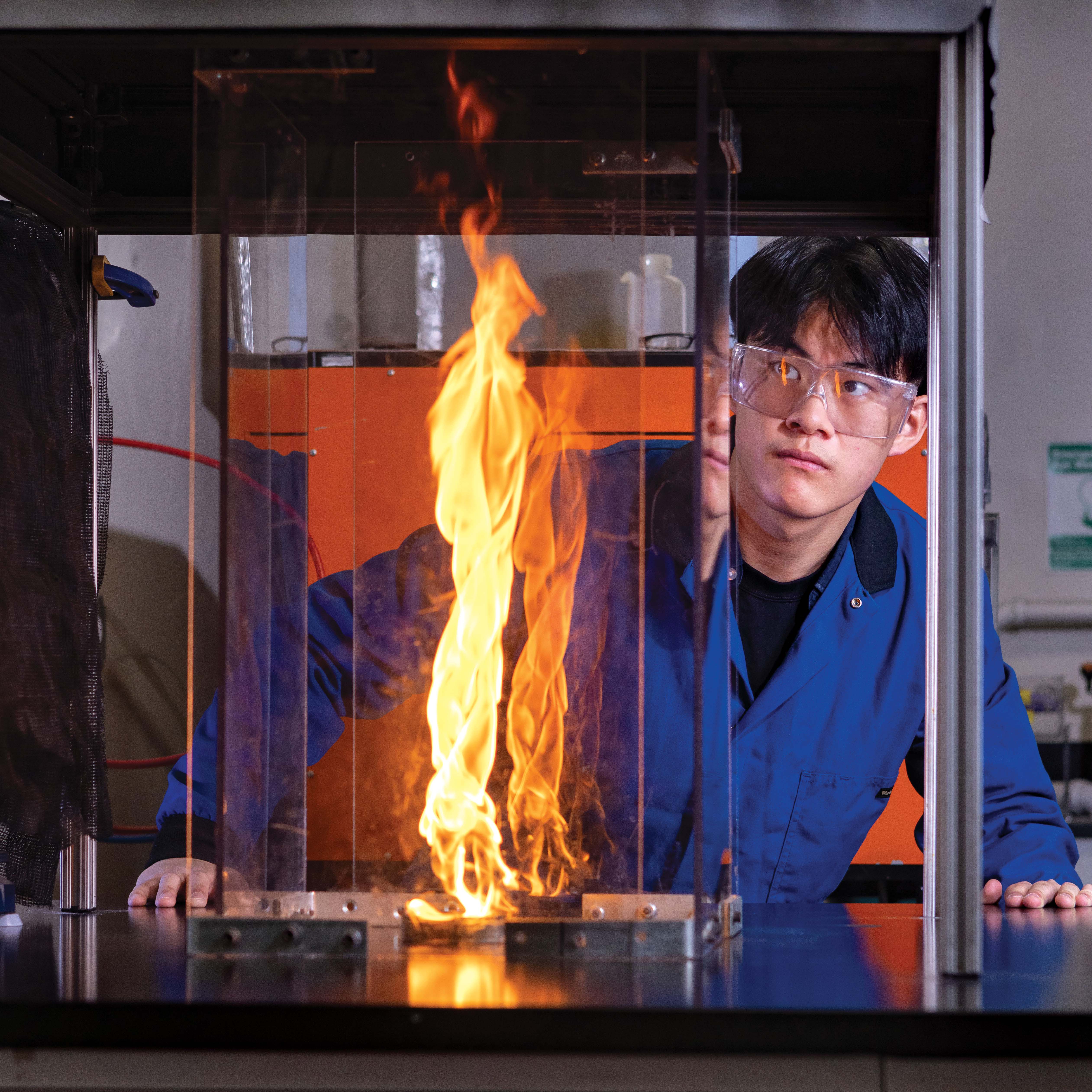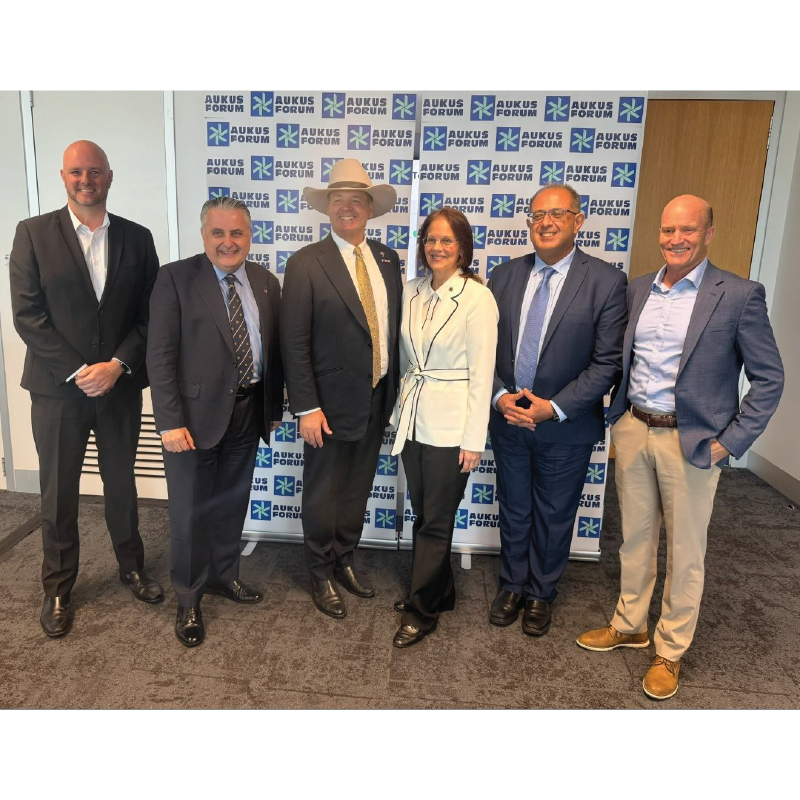A Force for Good: Remembering Herbert Rabin
September 5, 2025
Herbert Rabin, a force for good, great mentor to all, renowned champion for engineering and entrepreneurship education, and one of the most influential people in the University of Maryland’s history, has passed away.
A lifelong Terp
Rabin received his Ph.D. in Physics from UMD in 1959. After graduating, he committed himself to public service, including roles as associate director of research at the United States Naval Research Laboratory (NRL) and deputy assistant secretary of the Navy for Research, Applied and Space Technology. During this tenure, NRL designed, built, and operated some of the most sophisticated satellite systems in the world. As assistant secretary, he was responsible for the Navy’s science and technology programs, including its space programs.
“Herb Rabin was a tremendous innovator and servant to the University of Maryland. The only person to serve twice as dean of the A. James Clark School of Engineering, he was pioneering in bringing entrepreneurship initiatives and startup incubators to College Park, launching what is known today as Mtech. Dean Rabin was a truly thoughtful advisor and mentor, and he will be deeply missed,” said UMD President Darryll J. Pines.
When he was appointed as interim dean for a second term, then Provost William Destler said, “Certainly, there can be no one better prepared for the job.” During his tenures as dean, he established the school’s faculty outstanding research award, initiated policies to promote Intergovernmental Personnel Act assignments, helped plan the expansion of the Jeong H. Kim Engineering Building, one of campus’ signature facilities, and more.
An entrepreneur in the truest sense of the word
Rabin joined the University of Maryland (UMD) in 1983 as the founding director of the Engineering Research Center (later the Maryland Technology Enterprise Institute, or Mtech), which was created to facilitate and expand productive collaboration between the University of Maryland and industry in technical and scientific interest areas. “The important thing was the conceptualization of the center and moving it rapidly to being a hands-on, practical program where things got done,” said Rabin. “We figured out the directions we wanted to go in and made sure that it happened.”
Today, Mtech programs have had a $94.8 billion impact on the Maryland economy, creating more than 18,000 jobs and supporting companies with life-saving and life-enhancing technologies.
“The University of Maryland has a proud and successful history of empowering people to be entrepreneurial and innovative, and start companies that improve people’s lives. All of that impact can be traced back to the seeds planted and nurtured by Rabin. Generations of Terps—and, more broadly, Marylanders—continue to benefit from what he created. He was an entrepreneur in the truest sense of the world,” said Clark School Dean Samuel Graham.
Rabin was quick to pivot, adapting to a changing landscape and adding programs as quickly as they were removed, all to meet the needs of the university, state, and nation. “He was a forward-thinking visionary. There was never any moss growing under his feet,” said Martha Connolly, former director of Mtech’s Maryland Industrial Partnerships (MIPS) program. “Every year, he was thinking about a new program to start at Mtech, and every year, he was thinking about where we could go next and what strategy we could employ for the institute. He was a non-stop force of nature.”
During Rabin’s first decade at the university, Mtech launched an extension service connecting university expertise with manufacturing companies; the state’s first incubator for startup companies; a facility to help biotechnology companies figure out how to scale up their products; a program to jointly fund company/university technology product development projects; and a program that supported industry-relevant undergraduate research.
More than 43 years later, three of those programs stand as examples of successful entrepreneurship and innovative initiatives. The incubator, Mtech Ventures, has supported nearly 150 technology startups, including two that sold for more than $1 billion, Martek Biosciences and Digene Corporation. Its companies are constantly at the forefront of innovation, reflecting the ingenuity of UMD researchers.
The MIPS program has supported 705 Maryland companies working with University System of Maryland faculty to develop technology-based products and processes. MIPS products have generated $52.7 billion in revenue and created 14,000 jobs. Companies leveraging MIPS projects to develop products include Lockheed Martin, Northrop Grumman, MedImmune (now part of AstraZeneca), Hughes Network Systems, WellDoc, Medcura, and more.
“The impact that this organization has had on the Maryland economy over the years is measured in the tens of billions,” said MIPS Director Joseph Naft. “I am sure that far exceeds anyone’s expectations during the early days of Mtech.”
Going out of his way to help
“I was inventing hybrid electric drives,” said Alex Severinsky, founder of PAICE Corporation. “The automotive industry frowned upon it. I came to Herb with this crazy idea, and he didn’t reject it. He helped us get into the incubator. He organized a group of faculty members in the Clark School of Engineering to move this technology more towards the design stage. He introduced the project to Martin Marietta. Herb had the innate ability to see the right thing to do, as well as to identify what technology was worthy of his attention and help. For us, he created the spark. That spark created a flame.” PAICE would go on to license its technology to Toyota, Ford Motor Company, and other automobile manufacturers.
Mtech evolved to include technology entrepreneurship education, launching the nation’s first living-learning entrepreneurship initiative, the Hinman CEOs Program, under the guidance of Rabin’s first hire at Mtech: Dr. David Barbe. This blossomed into a suite of programs that included a minor in technology entrepreneurship, a yearly startup boot camp replicated nationally by the NCIIA (now VentureWell), an annual business plan competition, two master’s degrees related to entrepreneurship and innovation, and two additional undergraduate entrepreneurship programs.
Mtech went on during Rabin’s tenure to add a second-stage incubator in College Park and an international incubator. It also added the Chesapeake Bay Seed Capital Fund to support technology that helped restore the Bay.
Rabin retired in 2010, the same year he received the president’s medal, the highest honor the university can bestow on an individual. It is reserved for university community members whose exemplary and sustained service has reshaped campus life in a lasting and meaningful way. Dr. Rabin made the University of Maryland (UMD) a better place to work and learn, and helped people thrive. “Herb had a way of getting things done, inspiring people to work hard, and to do the right thing,” said current Mtech Director William Bentley, who is also Robert E. Fischell Distinguished Chair of Engineering and inaugural director of the Robert E. Fischell Institute for Biomedical Devices. “He was a cherished mentor.”
If you would like to make a donation in honor of Herb Rabin, please do so here.

